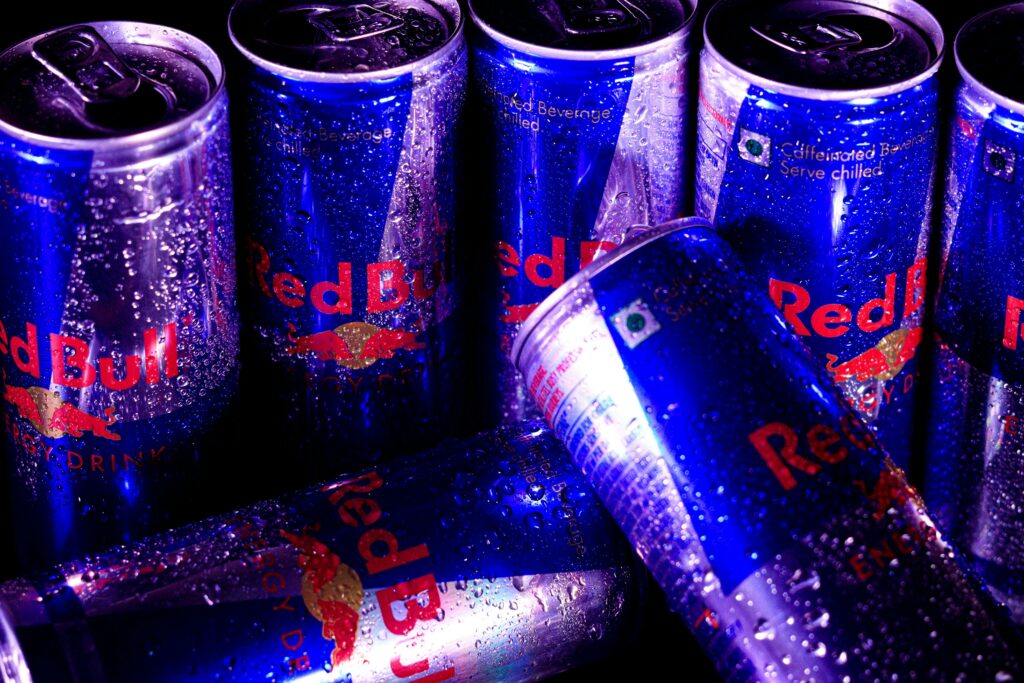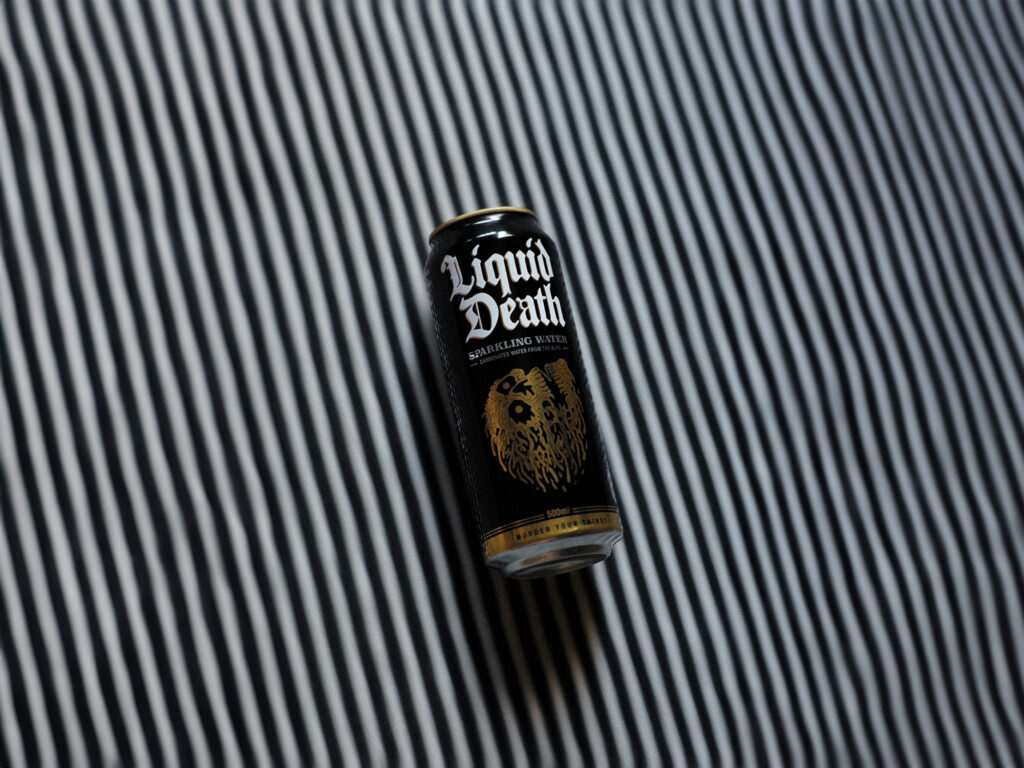Understanding the power of brand

How do you put a value on the importance of brand?
Marketing sceptics will often question investment poured into creating the identity of a business or product and in positioning them as distinctive within their sector.
It is, after all, a long-term play and one whose results won’t instantly be apparent on a company balance sheet.
But research conducted by global marketing data and analytics experts Kantar, examining 6.5 billion attitudinal and purchase data points from the last decade, has underscored just how important strong brands are to sustainable success.
Its Blueprint for Brand Growth study establishes that brands which are viewed as “meaningfully different to more people” command a five times better market penetration.
Furthermore, Kantar says those who are able to “predispose more people” and create a sense that their brand is the right choice can drive up to nine times higher volume share and are four times more likely to grow share in the future. They are also able to charge higher prices for their goods or services.

Of course, big business has understood this for years.
Red Bull, for example, is thought to have consistently invested between 25 and 30 per cent of its £8.5 billion annual revenues back into marketing … and brand building has been key to its development from energy drink manufacturer to one of the most recognisable businesses in the world.
When it launched 30 years ago, the company had little choice but to go big on forging an identity. It was pioneering a new category and founder Dietrich Mateschitz spent three years working on the concept and positioning the brand before its first can – deliberately thinner and taller than those favoured by other drink manufacturers – was sold in 1987.
It directly targeted 18 to 35-year-old males at colleges, gyms, coffee shops and bars, giving away free samples to gain exposure and create a buzz, and even today the firm continues to ensure its brand is visible wherever that key audience is hanging out, sponsoring major music festivals, dance and gaming events.
It has also become synonymous with high-performance sport, owning its own football and Formula 1 teams and supporting scores of professional athletes across the globe.
It’s a strategy that’s certainly helped Red Bull achieve big – last year alone the company sold 12.1 billion cans worldwide.

But creating strong brands is not just important for large corporates – those in the start-up and growth phases should also treat it as a priority.
The founders of Liquid Death demonstrated its importance and potential when they launched into the drinking water sector in 2019.
Until that point, all the key players had followed a similar model, their bottled products targeting the aspirational health and wellness category.
The newcomers instead sold water in skull-logoed cans, with a tagline ‘Murder Your Thirst’, taking inspiration from the heavy metal and punk rock genres and targeting an entirely new segment of the market: young men who previously might only have drunk water at the gym.
Their tongue-in-cheek marketing positioned water as the deadliest substance on earth, ‘killing thousands of innocent surfers, snowboarders and kayakers every year’.
At the same time, Liquid Death set about sponsoring punk and metal music tours and creating a series of viral stunts, including selling a limited range of skateboard decks painted using real blood from skate legend Tony Hawk!
After just four years, the brand is now generating annual revenues of around £90 million and has amassed more than 1.3 million Instagram followers.
Advertising executive Rory Sutherland, the vice chair of international agency Ogilvy, is in no doubt about the importance of creating strong brands.
“Having a great brand means you get to play the game of capitalism on easy mode because people are drawn to you and are more likely to trust you,” he says.
But how can smaller businesses, with limited marketing resource and budgets, get in on the act?
Firstly, they need to comprehend exactly what is meant by brand and branding.
A well-defined brand is much more than just a logo or a catchy tagline; it is the essence of a business, representing its purpose and unique identity. Branding is the foundation upon which every aspect of a marketing plan is built. It informs how a business differentiates itself from competitors and how it creates meaningful connections with customers.
Our team at Purpose Media helps businesses define their target audiences and the buyer personas they want to engage. It helps them express their own mission and values. It then works with them to create the assets and tone of voice required to successfully communicate their brand story, build awareness and develop trust.
We’ve created new brands from scratch and helped scores of clients to refine or leverage the power of their existing brands to achieve growth.
Fancy a chat about how we can help your brand journey? Drop us an email at enquiries@purposemedia.co.uk.